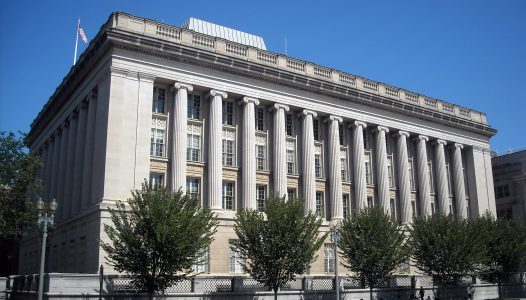On June 2, 2021, the U.S. Department of the Treasury’s Office of Foreign Assets Control (OFAC) sanctioned three Bulgarian nationals due to their extensive roles in corruption in Bulgaria, as well as their network of 64 entities. The administration believes that corruption will lead to a break down in the rule of law, weaken the economy and economic growth, undermine democracy, perpetuate conflicts, and deprive innocent civilians of their basic human rights. The recent action is the largest anti-corruption action to date, indicating that the Ministry of Finance is working tirelessly to hold those involved in corruption accountable. The US government will continue to impose tangible and significant consequences on those involved in corruption and commit to protecting the global financial system from abuse.
Andrea Macki, Office of Foreign Assets Control Director stated, “The United States stands with all Bulgarians who strive to root out corruption by promoting accountability for corrupt officials who undermine the economic functions and democratic institutions of Bulgaria. Not only does corruption deprive citizens of resources, it can erode the institutions intended to protect them. This designation under the Global Magnitsky sanctions program shows that we are committed to combatting corruption wherever it may be.”
This action targeted three men in particular: Vassil Kroumov Bojkov, a prominent Bulgarian businessman and oligarch; Delyan Slavchev Peevski, a former Member of Parliament; Ilko Dimitrov Zhelyazkov, the former Deputy Chief of the Bulgarian State Agency for Technical Operations who was appointed to the National Bureau for Control on Special Intelligence-Gathering Devices; and the companies owned or controlled by the respective individuals.
These sanctions also go together with the actions that were undertaken by the US Department of State to publicly designate Peevski and Zhelyazkov, among others, under Section 7031(c) of the Department of State, Foreign Operations, and Related Programs Appropriations Act due to their involvement in significant corruption. However, more specifically, these two men were exposed for abusing public institutions for-profit and cut the channels for these individuals and their companies to enter the American financial system. The other man, Bojkov, has been exposed for bribing government officials on a number of occasions. Moreover, earlier this year, a former Bulgarian official and a Bulgarian politician received a fund to help Boykov establish channels for Russian political leaders to influence Bulgarian government officials.




